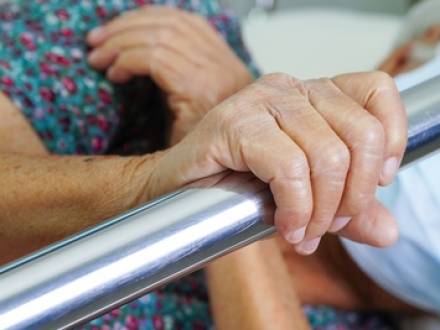
 The decision to place a family member in a nursing home is rarely easy. Many families do so to ensure their loved ones receive better care than they can provide, and these facilities are required by law to uphold high care standards. Unfortunately, the threat of nursing home abuse or neglect is real. According to the World Health Organization, elder abuse affects approximately 16 percent of people aged 60 and up in community settings annually.
The decision to place a family member in a nursing home is rarely easy. Many families do so to ensure their loved ones receive better care than they can provide, and these facilities are required by law to uphold high care standards. Unfortunately, the threat of nursing home abuse or neglect is real. According to the World Health Organization, elder abuse affects approximately 16 percent of people aged 60 and up in community settings annually.
While abuse and neglect in nursing homes both harm residents, these terms do not describe the same situation. Understanding the warning signs and types of harm can help you protect your family member. Working with an experienced attorney from Kinnally Flaherty Krentz Loran Hodge & Masur P.C. can help you or your loved one get compensation for the harm caused and perhaps prevent it from happening again.
Abuse in nursing homes is always intentional, but it can take many forms, such as:
Emotional abuse: Intimidating, yelling, threatening, or humiliating
Financial abuse: Stealing personal items or money, manipulating residents into giving away possessions or funds
Physical abuse: Using unnecessary restraints, slapping, hitting, pushing, and other violent acts
Sexual abuse: Any type of non-consensual sexual conduct or contact
Abuse may cause physical injuries, including bruises and broken bones. It can also cause significant emotional and mental trauma.
Neglect is not usually intentional, but it can still cause harm and impact a nursing home resident’s quality of life:
Basic needs: Not providing adequate water or food, not keeping the facility clean and sanitary, not changing bed linens
Medical: Not providing necessary medical care, failing to reposition patients with mobility issues, not administering medications or wound care
Personal hygiene: Failing to help patients bathe, change clothes, use the bathroom, clean teeth or dentures, and groom themselves
Social and emotional: Isolating patients, withholding opportunities for social interaction
Among the risks of neglect are dehydration, malnutrition, depression, infections, worsening existing medical conditions, bedsores, and other potential health concerns. Understaffing and lack of training are predominant problems in many nursing facilities that sometimes lead to unintentional neglect. Inadequate supervision may allow neglect and abuse to continue unchecked.
Both offenses can cause significant harm, and some residents cannot communicate with their families about what they are going through. Look for signs of abuse that include fear, withdrawal, sudden behavioral changes, unexplained wounds, and missing valuables. You may also notice signs of neglect, such as:
Soiled clothing or bedding
Unexplained weight loss
Dehydration
Bedsores or other untreated infections
If you suspect nursing home neglect or abuse, you can report it to the facility’s administration. However, you should also call Kinnally Flaherty Krentz Loran Hodge & Masur P.C. because we can give you case-specific advice, gather evidence, and help you pursue compensation. Specific caregivers, supervisors, administrators, other staff or residents, and the parent company could share fault for the harm your loved one suffered. We can help you hold them accountable.
There is no excuse for exploiting the most vulnerable through abuse or neglect. Call Kinnally Flaherty Krentz Loran Hodge & Masur P.C. at 630-907-0909 to discuss your situation with our dedicated Kane County, IL personal injury attorneys.